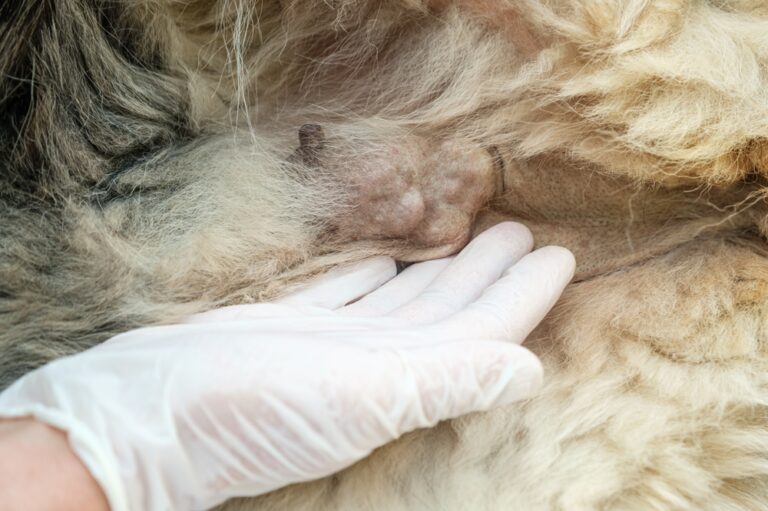How Long Do Shih Tzu Dogs Live? Average Lifespan Explained
Shih Tzus are one of those breeds that instantly win hearts with their adorable looks, affectionate nature, and loyal companionship. If you already have one curled up next to you or you’re thinking of adding a Shih Tzu to your family, you’re likely wondering: how long do Shih Tzu dogs live? Knowing the average lifespan and what factors can influence it helps you make the best choices to keep your furry friend happy and healthy for years to come.
In this article, we’ll break down the average lifespan of Shih Tzus, what impacts their longevity, the most common health concerns, and how you can help your pup live a longer, better life. Let’s dive in!
What Is the Average Lifespan of a Shih Tzu?
On average, Shih Tzu dogs live between 10 to 16 years, with many reaching the 13-year mark comfortably when provided with proper care. Some even surpass this range and live up to 18 years, although that’s less common.
Shih Tzu Lifespan at a Glance:
- Average lifespan: 13 years
- Healthy range: 10–16 years
- Exceptional cases: 17–20 years (rare)
Compared to many other dog breeds, Shih Tzus are considered long-lived, especially among toy breeds.
Factors That Influence a Shih Tzu’s Lifespan
Genetics and Breed Line
Not all Shih Tzus are created equal. Dogs bred from strong, healthy lines tend to live longer. If you got your pup from a responsible breeder who screens for genetic conditions, your Shih Tzu has a better chance of a long and healthy life.
Diet and Nutrition
Food is fuel. A well-balanced, age-appropriate diet packed with quality protein, healthy fats, and essential vitamins can make a big difference in how your Shih Tzu ages. Obesity is a common problem in small breeds, so portion control is key.
Exercise and Mental Stimulation
Shih Tzus aren’t overly active, but they do need daily exercise and mental engagement to stay fit and prevent anxiety or destructive behavior. Even a 20-minute walk or a play session can do wonders.
Veterinary Care and Preventive Screenings
Regular checkups help catch issues before they become serious. Annual vet visits (or biannual for seniors) for dental checks, vaccinations, blood work, and parasite control are non-negotiable if you want to extend your pup’s life.
Environment and Lifestyle
Shih Tzus are indoor dogs. Exposure to harsh outdoor elements, stress, or unsafe environments can shorten their lifespan. A safe, clean, and loving home goes a long way in boosting both their happiness and health.
Common Health Problems That May Shorten a Shih Tzu’s Life
Understanding what could go wrong helps you plan ahead and potentially avoid serious problems.
- Brachycephalic Syndrome: Due to their short snouts, breathing difficulties are common.
- Dental Disease: Small mouths often mean crowded teeth, which leads to decay and infection.
- Kidney and Liver Disease: Older Shih Tzus are prone to these.
- Eye Issues: From cataracts to dry eye, their big eyes need special care.
- Patellar Luxation: A knee issue that affects mobility if not treated.
How to Help Your Shih Tzu Live a Longer Life
Feed the Right Diet for Their Age
What your Shih Tzu eats as a puppy shouldn’t be the same as what they eat as a senior. Choose age-appropriate, high-quality food and avoid overfeeding.
Stay on Top of Vet Visits
Routine health screenings catch problems early. Stick to a regular schedule and follow your vet’s recommendations closely.
Practice Preventive Health Care
This includes regular grooming, brushing their teeth, trimming their nails, and cleaning their ears. Prevention is often easier (and cheaper) than treatment.
Keep Them Emotionally Engaged
Loneliness and boredom can affect your dog’s mental health. Shih Tzus thrive on affection and attention. Make them feel included and keep them mentally stimulated.
Signs of Aging in Shih Tzus
As your Shih Tzu enters their golden years, these signs may begin to show:
- Slower movements and more naps
- Cloudy eyes or vision issues
- Graying fur, especially around the muzzle
- Dental odor or eating difficulties
- Behavioral changes like confusion or restlessness
Recognizing these signs early can help you adjust their care plan and improve their comfort.
Conclusion
So, how long do Shih Tzu dogs live? On average, they can live 10 to 16 years, and with great care, some even longer. The keys to a long, happy life include quality food, regular vet care, a safe environment, and lots of love. By being proactive and attentive, you’re not just adding years to their life—you’re adding life to their years.
Whether your Shih Tzu is a playful pup or a wise senior, cherish every moment. They truly are a joy to have around.
FAQ’s
How long do Shih Tzus live in human years?
A 13-year-old Shih Tzu is roughly equivalent to a 68- to 76-year-old human, depending on their size and health status.
Can a Shih Tzu live for 20 years?
While rare, it’s not impossible. With excellent care and genetics, some Shih Tzus have been known to reach 18 to 20 years.
At what age is a Shih Tzu considered a senior?
Typically around 8 to 10 years of age.
Do male or female Shih Tzus live longer?
There isn’t strong evidence either way, but some studies suggest females may live slightly longer on average.
How can I extend my Shih Tzu’s life?
Regular vet visits, quality diet, daily exercise, mental stimulation, and lots of love are the key ingredients to a long, happy life for your Shih Tzu.









